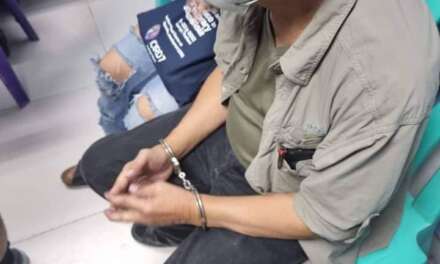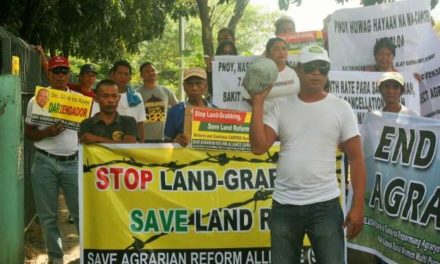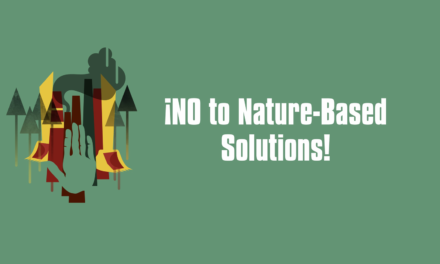Bangkok, 28 July 2014 – A group of intellectuals including board members of Focus on the Global South – a think tank based at the Chulalongkorn University Social Research Institute (CUSRI) – held a seminar on Monday to discuss problems in democracies around the world and responses from civil society.
In the first panel, Alejandro Bendaña of Nicaragua described trends in Latin America, where countries have largely adopted the formal rules of democracy, but still face severe social and economic inequalities. He noted that there is a disjuncture between democratic gains and economic losses, asking, “How can we protect moral, civic and environmental goods?”
“You cannot construct democracy with undemocratic means,” he added.
Thitinan Pongsudhirak of Chulalongkorn University described what he called a “global democratic malaise,” saying that, in many countries, “institutions have not been able to respond to people’s needs, grievances and demands.”
In Thailand, he said, divisions in society are worsening, and there is an unwillingness to let people’s voices determine the course of national politics. Repeated coups d’etat, he suggested, “are the result of a lack of compromise between major power-holders in Thailand. Democratic transition has been weakened by the military intervention, and the idea that it’s needed to fix democracy – we’ll see how that plays out next year.”
A second panel on social movements around the world included panelists Christophe Agution of the organization Attac France, Peter Rosset of the Land Research Action Network in Mexico, and Baramee Chaiyarat of the Assembly of the Poor in Thailand.
Christophe Aguiton argued that public space has been enlarged by the rise of the internet, and described some alternative models for civic participation and governance.
“The most important thing is, whatever mechanism you are using, in the end, only the people can make decisions, and we have to find a system in which only the people are there, and no other master,” he said.
Peter Rosset described the alternative forms of organization being practiced by the Zapatistas in Mexico, a reaction to what he called a “second wave of neoliberalism” accompanied by reforms that allow corporate elites to dispossess rural people of their land.
“Social movements have to maintain their autonomy from government – whether it’s a friendly government or unfriendly – and maintain their capacity for mobilization. If you give up those things, you’re not going to get what you want,” he said.
In the Thai context, Baramee Chaiyarat described the losses faced by social movements in recent months. He noted that, after the coup d’etat on 22 May, many civil society groups have been brought into the process of drafting new legislation with the military’s National Council for Peace and Order (NCPO).
“Now because of the coup, members of the Assembly of the Poor are being threatened by the soldiers. They’re trying to evict the communities from the forest even though we’ve been fighting this for decades. They sent the soldiers and they were able to push us out… The NCPO also came out on the side of the big trawlers against small fishers. So these are the things that are happening, and it is a big loss for us. They are sacrificing us for the sake of so-called ‘happiness,’” he said.
In concluding remarks, Surichai Wun’Gaeo of the Rotary Centre for Peace and Conflict Studies said the challenge for societies around the world is to figure out how to “decide together, and not decide alone” and to overcome divisions and hatred.
The seminar was co-organized by Focus on the Global South, the Chulalongkorn University Social Research Institute, the Master of Arts in International Development Studies at Chulalongkorn, the Rotary Centre for Peace and Conflict Studies, and the Institute of Security and International Studies (ISIS) of Thailand.
For more information, contact: [email protected] +66 0983742418.





![[IN PHOTOS] In Defense of Human Rights and Dignity Movement (iDEFEND) Mobilization on the fourth State of the Nation Address (SONA) of Ferdinand Marcos, Jr.](https://focusweb.org/wp-content/uploads/2025/07/1-150x150.jpg)



